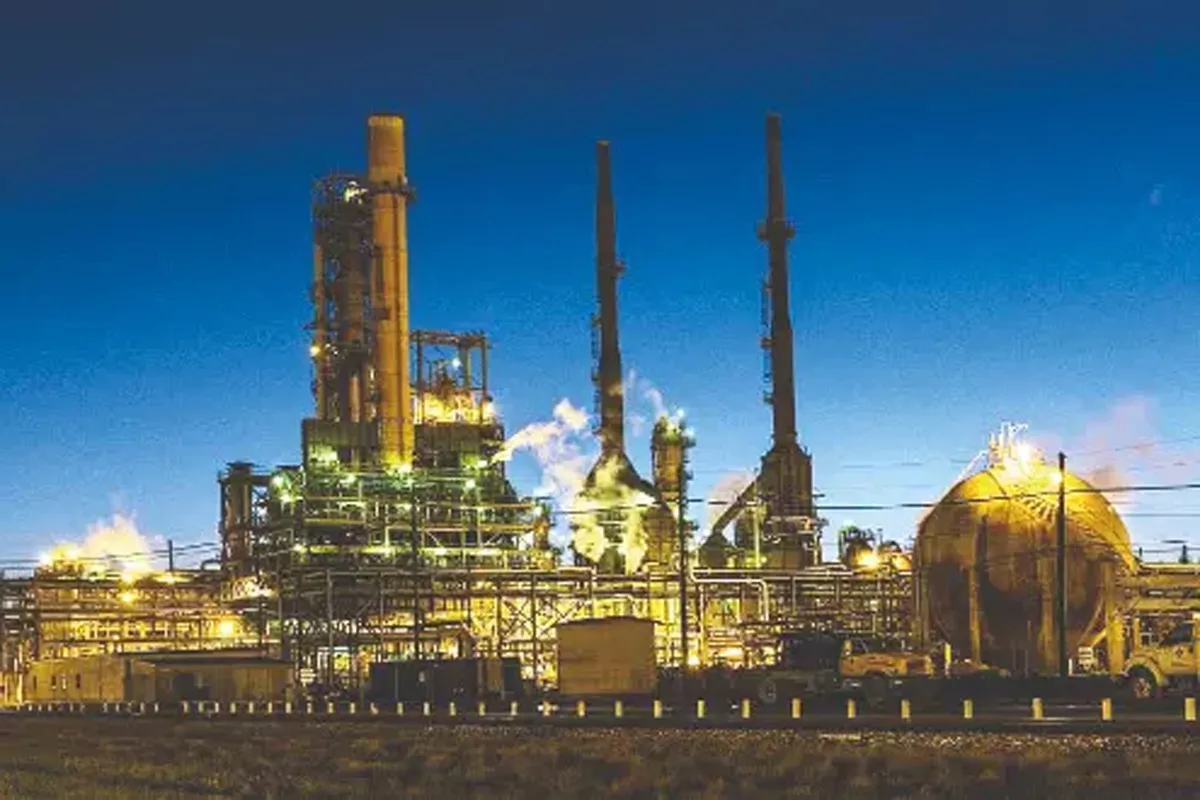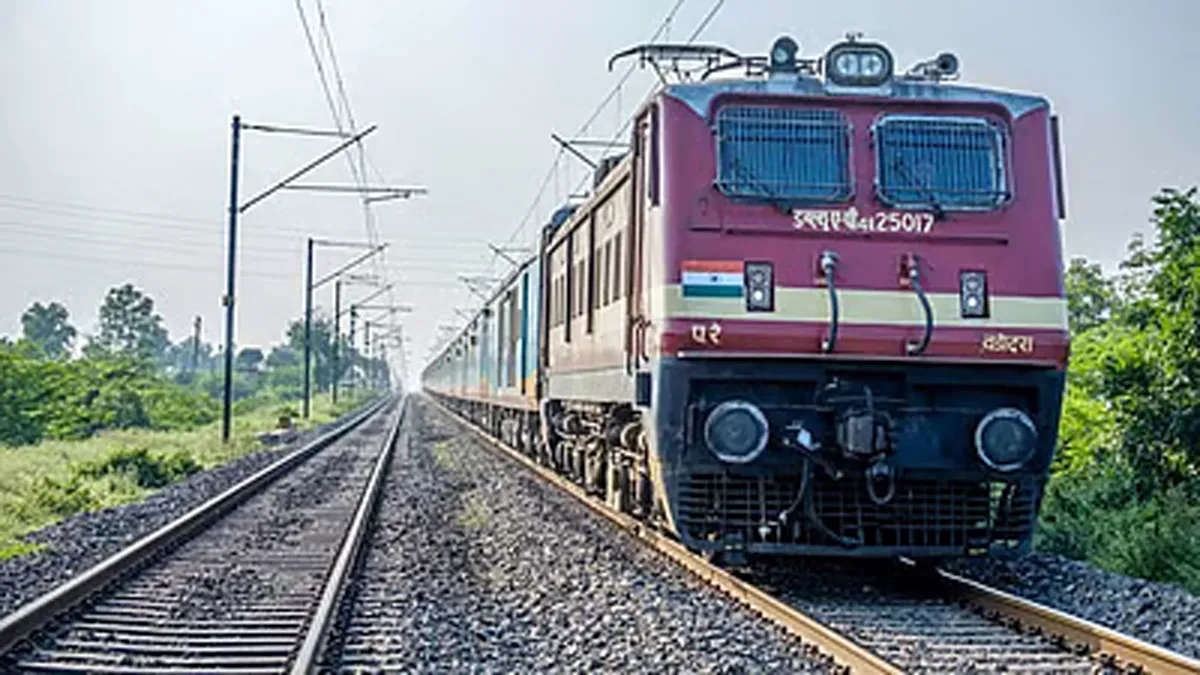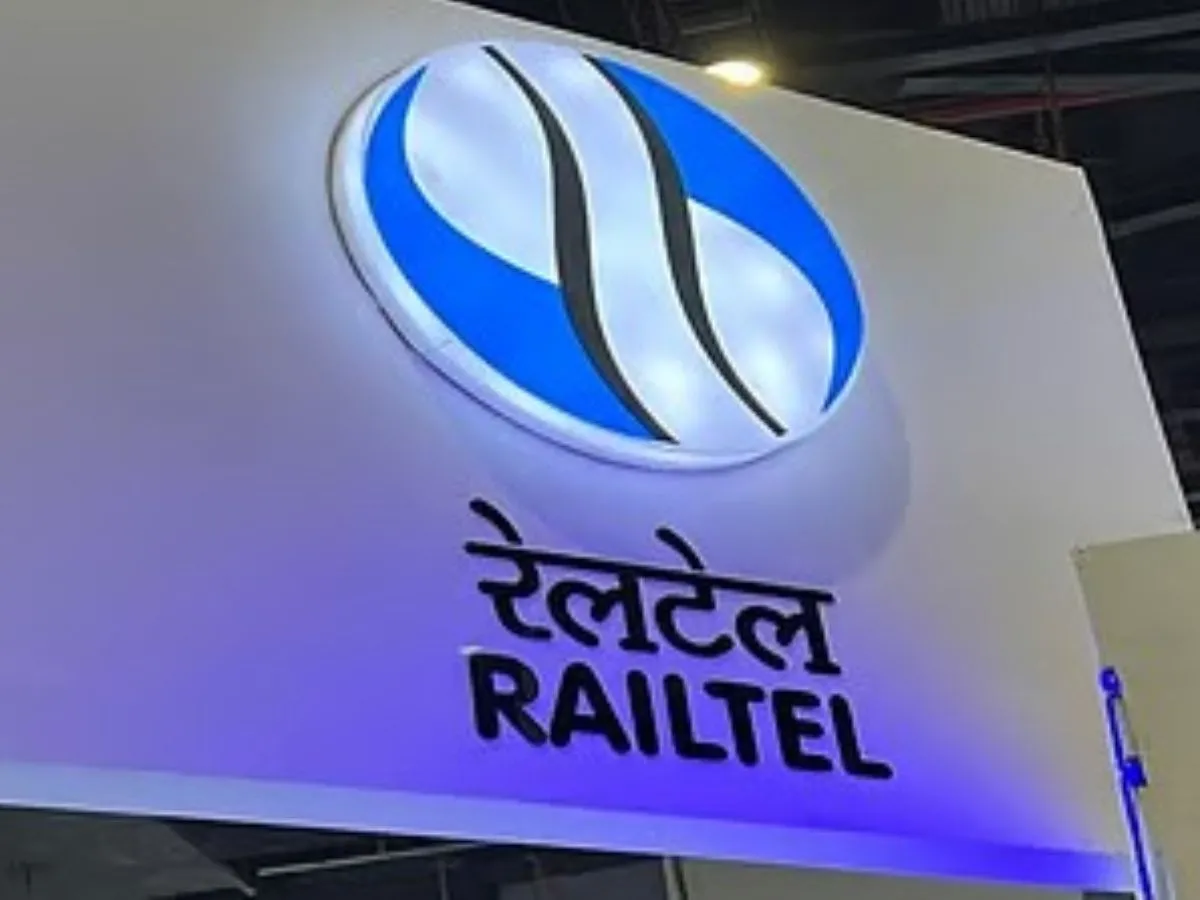World over, most infrastructure projects are delayed primarily owing to regulatory approvals, issues of land acquisition, shortage of skilled resources, ineffective dispute resolution mechanisms and geological challenges. It is crucial to identify existing challenges and hindrances in infrastructure and overcome them to achieve the vision of infrastructure development.
Amid this, India is aspiring to become a $5 trillion economy and adequate infrastructure spending is critical. The National Infrastructure Pipeline (NIP) released by the government has laid out a spend of Rs 102 trillion on projects over 2020-25. Of these, projects worth Rs 42.7 trillion (42 per cent) are under implementation and worth Rs 32.7 trillion (32 per cent) are in the conceptualisation stage, while the rest are under development. During the fiscals 2020 to 2025, sectors such as energy (24 per cent), roads (19 per cent), urban (16 per cent), and railways (13 per cent) amount to around 70 per cent of the projected capital expenditure in infrastructure in India.
The point is: To achieve a GDP of $5 trillion by 2024-25, India needs to spend about $1.4 trillion over these years on infrastructure. The challenge is to step up the annual infrastructure investment so that lack of infrastructure does not become a binding constraint on the growth of the economy.
With the Centre and states expected to have an equal share of capital expenditure at 39 per cent each to be undertaken in the infrastructure sector; the private sector accounts for 22 per cent. According to Vijay Agrawal, Executive Director, Equirus Capital, “The government needs to create a conducive environment for investment by the private sector. Government support and policy push are critical to reviving private investment.” Look beyond BOT, he urges, embrace PPP models with nuanced risk-sharing; re-draw contracting frameworks for flexibility and performance; diversify and deepen infrastructure financing landscape; and sustain policy support to cement gaps in infrastructure financing. “It is essential that the government and its agencies consider private developers their partners. This will help create a positive investment environment in the country and lead to more private investment. This in turn will instil confidence among foreign investors and attract more FDI.”
Evidently, for faster growth to meet the $5 trillion target by 2025, more supply-side reforms are needed. Creating new and upgrading existing infrastructure will be key to raising India’s competitiveness and achieving this target.
Currently, the Indian financial markets are in doldrums. “Banks are not lending and the NBFC sector has collapsed,” says Agrawal. This has resulted in liquidity crises for project developers and delayed their financial closure. Hence, he thinks it will be tough for the private sector to achieve the proposed investment targets. Adding to it is the current COVID-19 or Coronavirus crisis that not just the country but the world has to deal with.
Agrawal also sees a challenge from government agencies on contractual terms. He points to the Andhra Pradesh Government’s decision to renegotiate tariffs for the renewable sector and cancel ongoing infrastructure contracts as having shaken the confidence of international investors.
In terms of NIP’s contribution to the economy, Agrawal shares:
It will be critical for the success of the ‘Make in India’ programme.
Supply additions through infrastructure development boost the short-term and potential GDP growth rate.
Infrastructure creation is labour-absorbing, which boosts employment and income generation and further spurs domestic demand.
Improved infrastructure capacities also create efficiency gains through improved logistics and networks, which would improve the competitiveness of the economy.
This can help kick in a virtuous cycle of higher investments, growth and employment generation.
The sustained focus on infrastructure creation underlines the Government’s commitment to revive the investment cycle and spur growth by increasing public spending in capital formation.
But there are questions on how the government will be able to pull this off. More importantly, where are the opportunities for the private sector?
Construction World is taking a digital leap and announcing its first Webinar on ‘Infrastructure: National Infrastructure Pipeline – the Rs 102 trillion opportunity’ on Monday, March 30.
Details:
Date: Monday, March 30
Presenter: Pratap Padode, President, FIRST Construction Council. He is also the Founder, ASAPP Info Global Group that publishes its flagship magazine CONSTRUCTION WORLD, for which he is also the Editor-in-Chief. Padode is also the Founder & Executive Director of the Smart Cities Council India.
Guest panelists:
1. P Uma Shankar, Former Secretary, Ministry of Power, Government of India, is an Independent and Non-executive Director at Philips Lighting India. He is a retired senior IAS officer who has held several notable positions in the past, including Ex-Chairman of Rural Electrification Corporation. He is also an independent director on the boards of Jaypee Infratech, IMP Powers and Ravindra Energy.
2. Raghav Chandra, Former Chairman, NHAI, as a civil servant has worked in the Indian state of Madhya Pradesh and for the Government of the Union of India in a diverse range of areas – law and justice enforcement, tribal development, industrial/housing/urban/infrastructure/cultural development and financial administration/management.
3. Arun Goyal, Former Special Secretary, GST Council & Former Member, Project Monitoring Group, Government of India, has more than 34 years experience of working both in Central and state governments under challenging environments. He is presently a member of the Advisory Committee on Jammu & Kashmir.
4. Vijay Agarwal, Executive Director, Equirus Capital, heads the firm’s Real Estate practice. He advises clients in fundraising by way of private equity, structured finance and debt and capital markets like IPO, QIP, PIPE, and is active in the M&A space and is working with clients in the real estate, infrastructure, e-commerce, pharma, retail, manufacturing and other sectors.
To register for the Free Webinar, click on this link: https://attendee.gotowebinar.com/register/9220415855832933645?source=Website



















